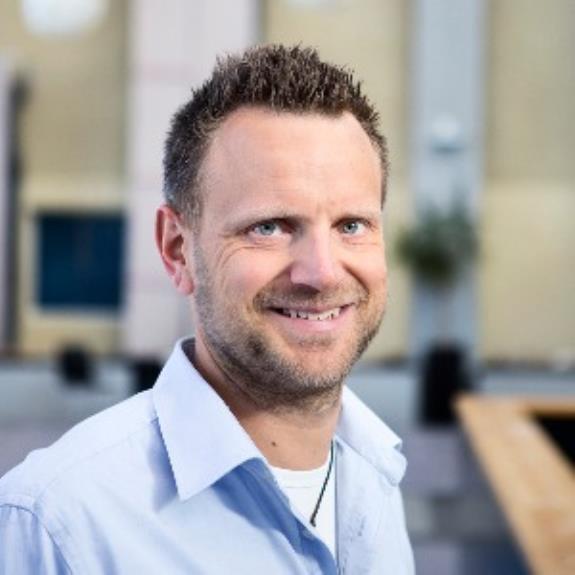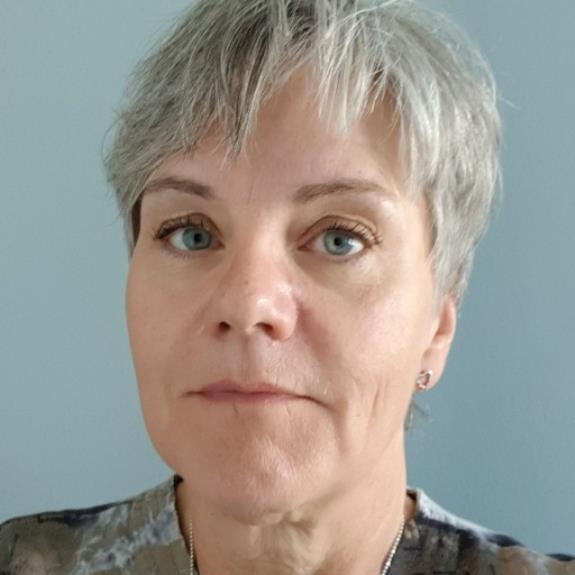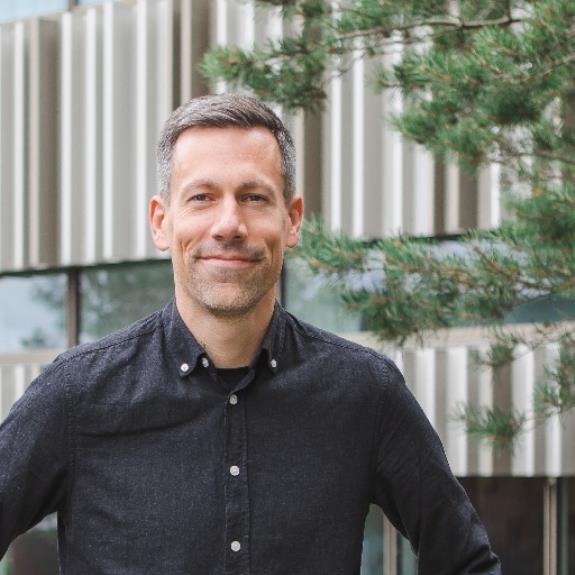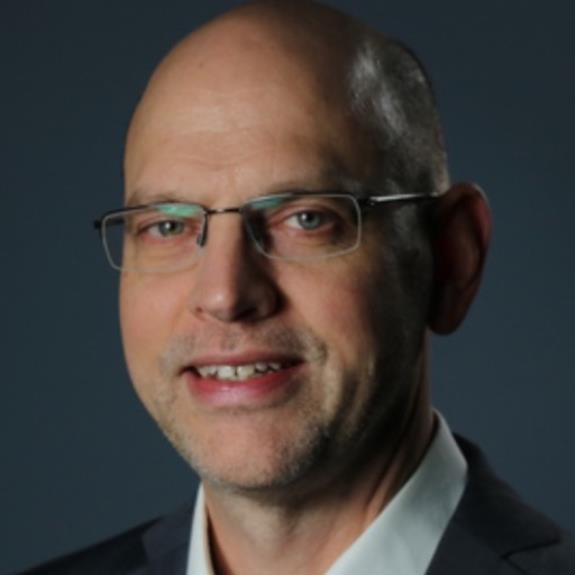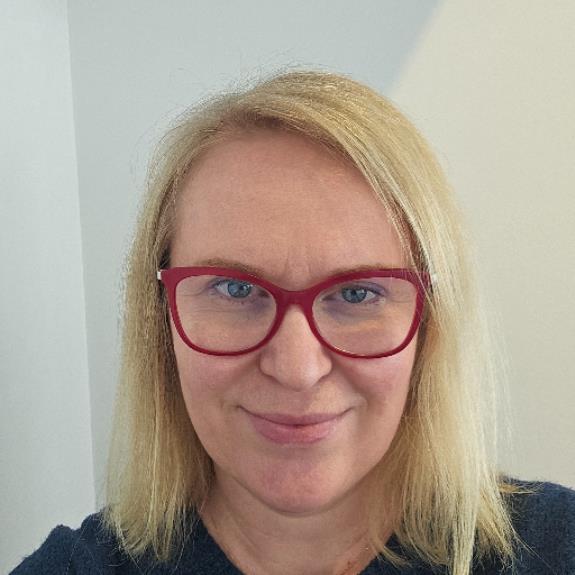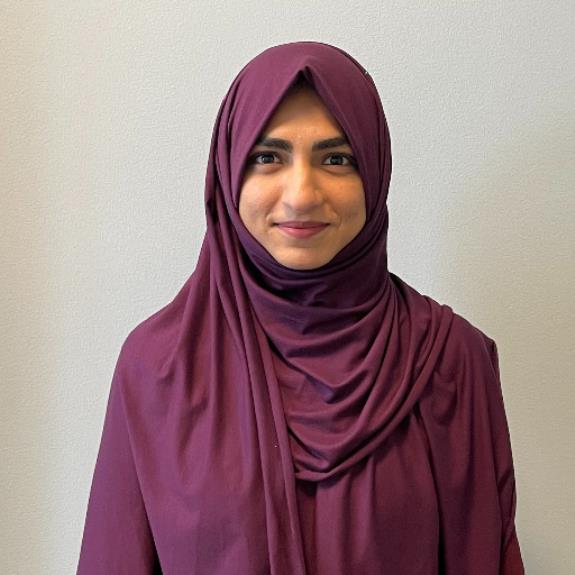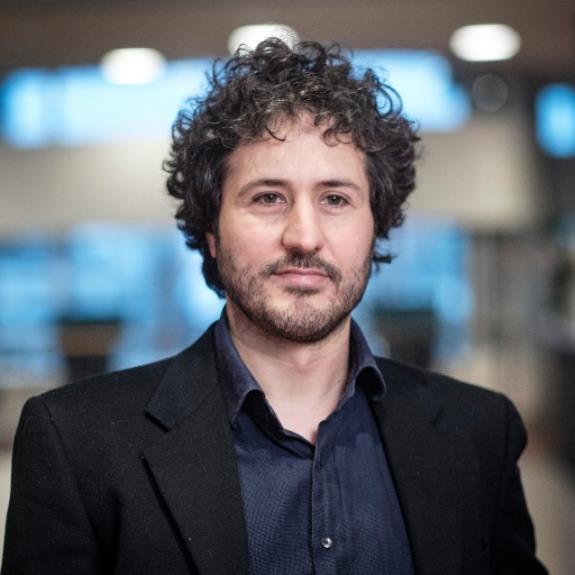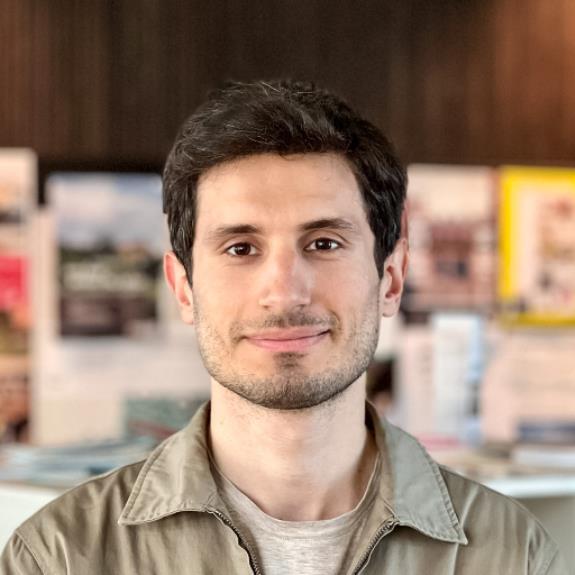We use cookies on this website. Cookies help us deliver the best experience on our website. Read about cookies.
-
- Education
- Education
- Programmes and courses
- Applications and admissions
- Tuition fees
- Scholarships
- Exchange studies at Malmö University
- Study Guidance
-
- After admission
- After admission
- Moving to Malmö
- Pre-orientation
- Arrival guide
-
- About studies at Malmö University
- About studies at Malmö University
- Why choose Malmö University
- Understanding university studies
- Connect with our students
On the page -
- Research
- Research
-
- Doctoral studies
- Doctoral studies
- Doctoral courses
-
- Doctoral schools
- Doctoral schools
- Education, Learning and Globalisation
- Doctoral school: Learning in Multicultural Societal Contexts
- ComBine
- Swedish National Graduate School in Science and Technology Education Research
- Doctoral school: Relevancing Mathematics and Science Education (RelMaS)
- Doctoral school: Sustainable Movement Education
- Finding ways in a time of great future challenges (FinnFram)
- Doctoral school: Pedagogy and Vocational Skills
- Doctoral school: Culturally Empowering Education through Language and Literature
- Research subjects
-
- Research centres
- Research centres
- Biofilms Research Centre for Biointerfaces
- Citizen Health
- Imagining and Co-Creating Futures
- Institute for Urban Research
- Malmö Institute for Migration Studies
- Literacy and Inclusive Teaching
- Centre for Work Life Studies
- Sustainable Digitalisation Research Centre
- Centre for Sexology and Sexuality Studies
-
- Research publications
- Research publications
- Search publications
- Malmö University Press
- Research events
- Participate in a research study
- Coffee Break Quiz
On the page -
- Collaboration and Innovation
- Collaboration and Innovation
-
- Areas of collaboration
- Areas of collaboration
- Muvah
- Innovation
- Collaboration with students
-
- Collaborate with researchers
- Collaborate with researchers
- Labs and facilities
- Culture collaboration
- Support Malmö University
- Alumni & Friends
On the page -
- About us
- About us
-
- Faculties and departments
- Faculties and departments
-
- Faculty of Culture and Society
- Faculty of Culture and Society
- Department of Urban Studies
- Department of Global Political Studies
- School of Arts and Communication
-
- Faculty of Education and Society
- Faculty of Education and Society
- Department of Childhood, Education and Society
- Department of Sports Sciences
- Department of Natural Science, Mathematics and Society
- Department of School Development and Leadership
- Department of Culture, Languages and Media
- Department of Society, Culture and Identity
-
- Faculty of Technology and Society
- Faculty of Technology and Society
- Department of Computer Science and Media Technology
- Department of Materials Science and Applied Mathematics
- Faculty of Odontology
- University Dental Clinic
-
- Find and contact Malmö University
- Find and contact Malmö University
- Visit Malmö University
- News and press
- Map of the buildings (Google Maps)
- Merchandise
- Whistleblowing
- Management and decision-making paths
-
- Vision, objectives and strategy 2025
- Vision, objectives and strategy 2025
- Global engagement
- Sustainability
- Widened recruitment and participation
- Quality assurance work at the University
-
- Malmö Academic Choir and Orchestra
- Malmö Academic Choir and Orchestra
- Student work – video pieces
-
- Annual Academic Celebration
- Annual Academic Celebration
- Academic traditions
- Meet our new professors
- The University in a troubled world
On the page
Information Systems
The Swedish Information Systems Academy define the scientific subject of information systems as one that “develops knowledge about people’s design and use of information technology in individual, organisational and societal contexts”.
Information systems (IS), often called 'informatics' in Sweden, is both an academic area of study and a scientific research area. Information systems research does not focus narrowly on technology but instead examines issues related to:
- the individuals and methods involved in the design
- development or use of the technology
- the impacts or implications of using the technology
- factors related to the adoption, acceptance and adaptation of information technology
- other issues related to the ongoing digitalisation of organisations and society
An interdisciplinary field working within a broad range of topics
Information systems is an interdisciplinary field, with influences from varied academic areas such as organisation science, computer science, information science, engineering, economics, and management science/operations research.
Popular topics in information systems research include:
- organisational and strategic aspects of IS
- IS development
- human-computer interaction issues
- the role of social media in organisations and society
- IS in healthcare
- ‘green’ IT and sustainability
- IT for development
- knowledge management
Researchers at Malmö University and the Department of Computer Science and Media Technology have published research in many of these areas, recently focussed on the use of technology in health and wellness.
Focus areas
Designing and evaluating applications to support physical or emotional health
This area includes explorations of design approaches (co-design, participatory design), the creation of recommendations or frameworks to support the design of patient-focussed health applications, and studies to assess existing health-related applications.
Frameworks for classifying/identifying health-related applications
Such research typically involves a broad search of the existing body of knowledge to create a taxonomy of characteristics of apps.
Designing and evaluating IOT applications to support smart workplaces
Studying the impact of a patient self-monitoring health application on work practices of health professionals; examining the use of technology in eldercare and social care.
Researchers, publications and projects
-
2024 | Conference paper
Towards Data Integration for Hybrid Energy System Decision-Making Processes: Challenges and Architecture
Olha Boiko, Vira Shendryk, Reza Malekian, Anton Komin, Paul Davidsson
-
2024 | Conference paper
Decisions we should put in the algorithm: mapping architects' attitudes towards computational and ai-powered tools for practice
Panagiota Pouliou, Georgios Palamas, Anca-Simona Horvath
-
2024 | Article in journal
Towards a Viable Knowledge Environment within an Academic Institution
Erdelina Kurti, Sadaf Salavati
-
2024 | Article in journal
Stated opinions and potential travel with DRT – a survey covering three different age groups
Åse Jevinger, Helena Svensson
-
2024 | Article in journal
Closing the gender gap in ICT higher education: exploring women’s motivations in pursuing ICT education
Erdelina Kurti, Mexhid Ferati, Viktorija Kalonaityte
-
2023 | Conference paper
Barriers to Digital Transformation in SMEs: A Quantitative Study
Henning Brink, Sven Packmohr
-
2023 | Conference paper
Comparing barriers to digital transformation between small and medium-sized and large enterprises
Philip Johannesson, John Sinha, Sven Packmohr, Henning Brink
-
2023 | Conference paper
A Bibliometric Analysis of Computational Social Science in Turkish Academia
Tuba Bircan, Almila Akdağ Salah, Haodong Qi
-
2023 | Conference paper
Conceptualizing the Impact of Digital Business Models on Privacy Concerns
Miranda Kajtazi, Erdelina Kurti
-
2023 | Article in journal
Predicting Vehicle Behavior Using Multi-task Ensemble Learning
Reza Khoshkangini, Peyman Mashhadi, Daniel Tegnered, Jens Lundström, Thorsteinn Rögnvaldsson
-
 Research project
Research projectAgent Based Social Simulation of Organ Donation Policies
fabian.lorig@mau.se -
 Research project
Research projectDigital when possible, physical when necessary: An exploration of the digiphysical world of Ängelholm hospital
carljohan.orre@mau.se -
 Research project
Research projectClimate-Induced Migration in Africa and Beyond: Big Data and Predictive Analytics (CLIMB)
haodong.qi@mau.se -
 Research project
Research projectDigital Emergency Communication (DIGeMERGE)
linda.paxling@mau.se

